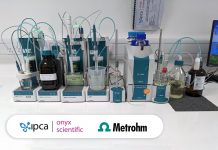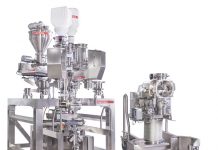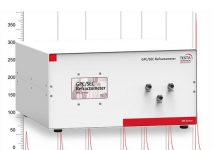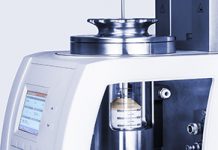A hard-hitting report has suggested that the British chemicals sector could face a £7bn loss of exports in the worst case event of a Brexit without a replacement Free Trade Agreement (FTA) with the European Union.
Written by Euler Hermes, a major trade credit insurance business, the report says that UK-based companies in sectors highly dependent on the European market – such as chemicals, automotive, machinery and equipment – would be hardest hit by an EU exit if new FTAs were not created.
The potential £7bn loss in sales in chemical companies would be followed by the machinery and equipment sectors (£3.5bn loss) and the automotive industry (£3bn loss). Ana Boata, European economist at Euler Hermes, said: “The chemicals industry is one of the most important exporting sectors in the UK, with £55bn of goods sent abroad each year. “British companies are already under immense pressure to become more competitive against high growth markets in the US and Asia, while also battling higher R&D costs and a strong pound in recent years. “With over half of the chemical industry’s exports heading to the EU, any decision to break away from continental trading partners would have knock-on effects on the supply chain and put jobs at risk. The figures emphasise the importance of negotiations to secure an FTA in the event of Britain leaving the EU.”
The Euler Hermes Economic Insight report, called Brexit Me If You Can’, says that the most likely scenario is that UK is most likely to remain within the EU, minimizing disruption to trade. However, it also highlights the impact on British companies under two scenarios: first with a new FTA in place and then without an FTA. It identifies direct export losses, falling margins due to higher import and financing costs, and international divestment as the three main factors that could lead to a contraction in exports.
Even with a new FTA in place, chemical companies could still see a drop of up to £2.5bn in exports, while machinery and equipment and automotive industries would each witness a £1.1bn contraction. Euler Hermes estimates that in the ‘worst-case scenario’ of a Brexit without an FTA, the turnover of British companies would contract by -1% per year on average, compared to a current predicted growth rate of +4% on average after 2017 if the UK remained in the EU.
The report suggests that this could result in losses of up to £30bn or 8% of UK total goods exports, a gap which, even when offset by trade with Commonwealth countries, would take at least 10 years to fill. Under this scenario, the trade balance deficit, already at a record high level, would widen by £35bn to £180bn within 12 months of the formalisation of a UK exit from the EU.
Simulations seek disease answers
Experts at Cardiff University are using computer simulations to study the chemistry underpinning the development of Alzheimer’s disease. Dr Jamie Platts, from the School of Chemistry, has been awarded a research grant to investigate the build-up of ‘sticky’ plaques in the brain, which are believed to contribute to the degradation of nerve cells in the brain. The £350,000 awarded by the Engineering and Physical Sciences Research Council will be used to perform computer simulations to determine how the plaque builds up, with the aim of informing the design of new drugs and diagnostic agents.
Company helps young talent
Banner Chemicals has announced that 2015 was a successful year for its work to combat the UK skills shortage in Science and STEM (Science, Technology, Engineering and Maths) subjects. During the year, the company helped 85 school pupils through a ‘chemistry in action’ day, recruited a number of Chemical Engineering apprentices from the North East through workplace training provision to be completed in 2016 and recruited three graduates of STEM subjects were recruited across the Banner Group.
Product approved
UK-based Eden Research, which provides natural microencapsulation technologies to the global agrochemicals, animal health and consumer products industries, has confirmed that its first agrochemical product, 3AEY, a fungicide that primarily targets botrytis on grapes, has been approved for commercial use in Bulgaria. Bulgaria is in the top 20 wine producing countries globally.








